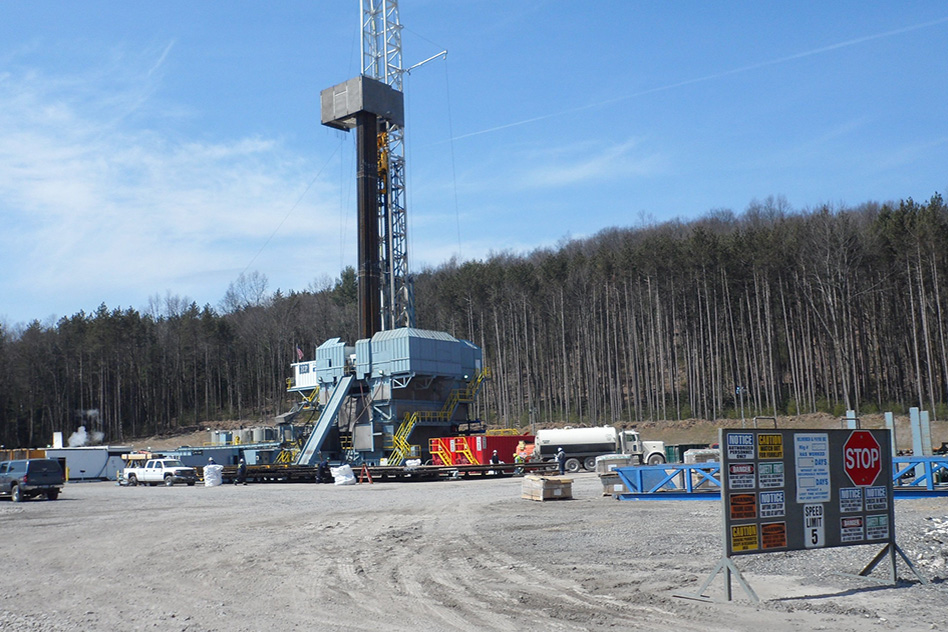
Bridge fuel or bridge too far?
Cheap shale gas could prolong energy transition
According to the United States Energy Information Agency, a boom in shale gas extraction led to a dramatic decline in coal use in the U.S. power sector within a single decade. Between 2007 and 2016, the nation’s coal-fired generation and consumption fell by nearly 40 percent, replaced largely by cheaper natural gas. Substituting this cleaner-burning fuel reduced U.S. carbon dioxide emissions considerably, suggesting to some that the shale gas boom may well reduce these emissions for the long term. In that case, natural gas could serve as a “bridge fuel” for decades to come, as domestic and global energy markets transition toward zero-carbon sources needed to achieve the Paris Agreement’s long-term goal of keeping global warming well below two degrees Celsius.
Could the widespread availability of cheap natural gas enable the U.S. to continue to lower its power-sector CO2 emissions over the long term, buying time for zero-carbon energy technologies such as solar and wind to overcome their intermittency challenges and become reliable, economical substitutes? Or might its relatively low cost lead to more extensive use, higher emissions, and a much longer energy transition?
To resolve this question, a team of researchers at the MIT Joint Program on the Science and Policy of Global Change used its computer model of the U.S. economy to compare economy-wide CO2 emissions under two scenarios: one that reflects the low natural gas prices brought on by the shale gas boom, the other in which natural gas prices remain relatively high, as if the shale gas boom had never happened.
In a study appearing in the journal Energy & Environment, the researchers showed that in the absence of cheap gas prices, economy-wide emissions would increase in the short term because coal-to-gas substitution would occur at a slower pace. But in the long term, the higher gas prices would ultimately lower emissions. The increased costs of gas and electricity would lead to a constriction in energy-intensive economic activity, resulting in significant emissions reductions.
In the scenario where cheap gas prices persist, the country would experience lower emissions in the short-run due to a spike in coal-to-gas substitution in power plants, but produce higher emissions in coming decades. The low cost of the fuel would result in more widespread production and consumption and less incentive to switch to zero-carbon energy sources, thereby driving up emissions levels and prolonging the energy transition.
“Our study shows that we cannot count on today’s shale gas boom-driven decline in emissions to continue into the distant future,” says Henry Chen, lead author of the study and a research scientist at the Joint Program. “If pursuing long-term Paris climate goals is the target, the U.S. will instead need to implement policies and measures for cutting emissions.”
Photo: Marcellus Shale drilling site (Source: Flickr/Penn State)
